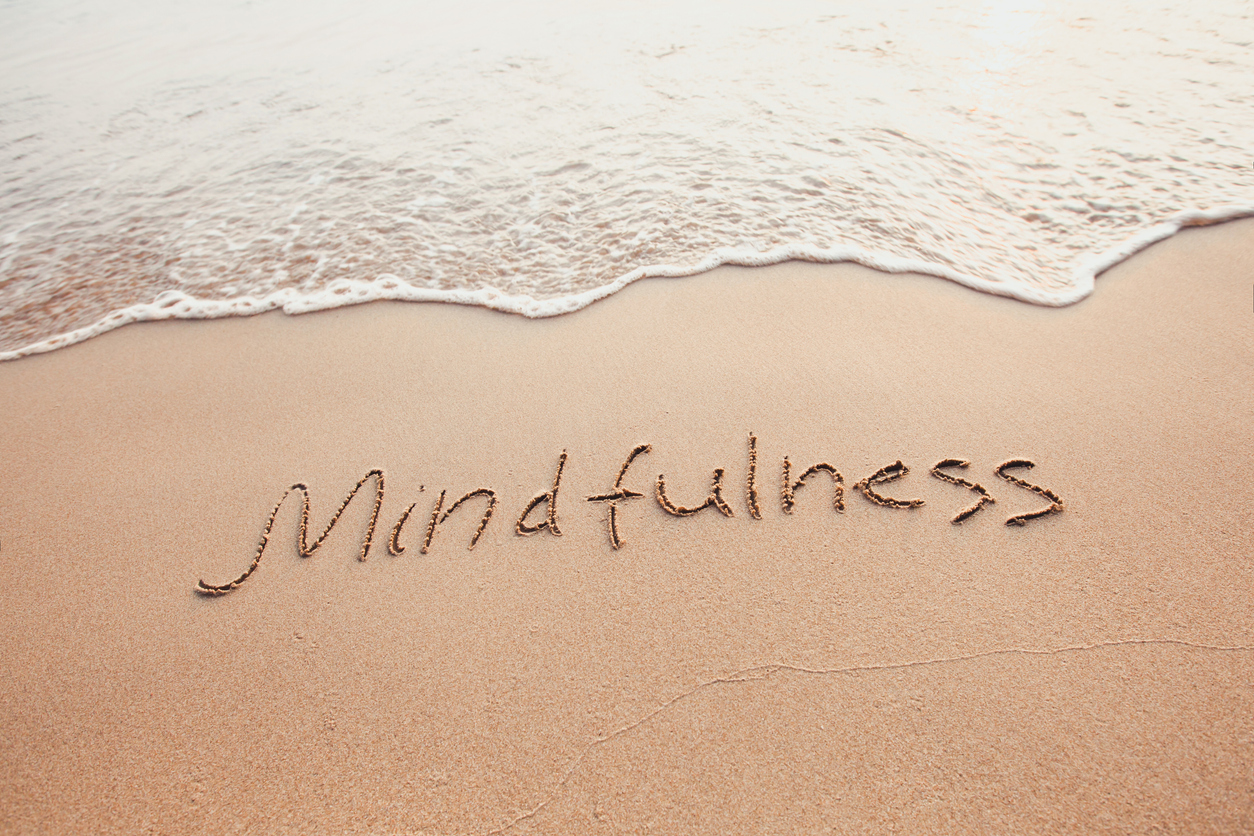Wellness
What Is Mindfulness?

Mindfulness is a type of meditation that involves using certain skills (e.g., guided imagery, meditation, journaling, breathing exercises, etc.) to focus on the present and observe inner thoughts and feelings without judgment. Depression, anxiety and stress are increased when too much time is spent thinking negatively, problem-solving, or planning. The goal of mindfulness is to promote relaxation, improve mental clarity, and manage stress.
How does mindfulness work?
The brain is wired to analyze situations and solve problems, which can be draining as the mind continually finds new things to think about. Mindfulness involves gently retraining the mind to become aware of present experiences while acknowledging moods and accepting feelings. Practicing mindfulness makes it possible to react to situations based on reality, rather than from past experiences or possible future events that have no bearings on the current situation.
Ways to practice mindfulness
Mindfulness can be practiced in many ways. It can be incorporated into a daily routine by simply taking a moment to observe how the body feels and notice the five senses without labeling sensations as “good” or “bad.” Other ways to practice mindfulness can include the following:
- Single-tasking (doing one task mindfully rather than trying to do several things simultaneously)
- Body scan exercise
- Mindful coloring or doodling
- Breathing exercises
- Journaling
- Taking a walk
- Guided imagery
- Meditation
- Progressive muscle relaxation
Benefits of mindfulness
Research suggests that mindfulness meditation calms the sympathetic nervous system, which mitigates stress and relaxes the body. Positive effects of mindfulness include, but are not limited to, the following:
- Lower blood pressure
- Reduced pain
- Decreased stress, anxiety and depression
- Better sleep
- Less fatigue
- Digestive disorder relief
- Diabetes control
- Better quality of life
- Attention improvement
- Improved immune response
- Increased melatonin
- Decreased job burnout
- Improved cognition

















